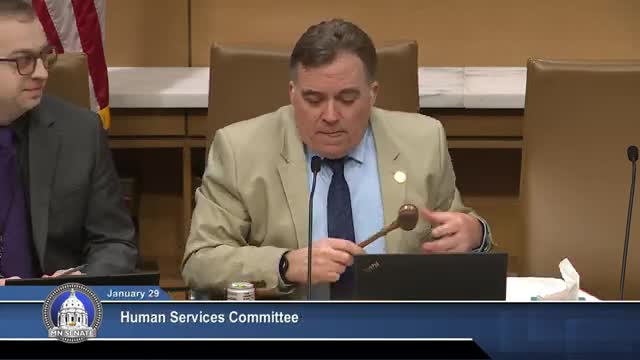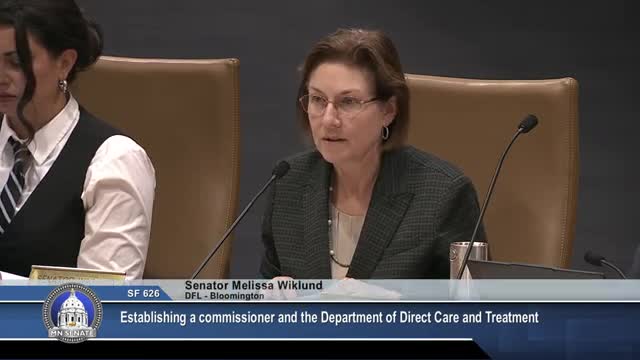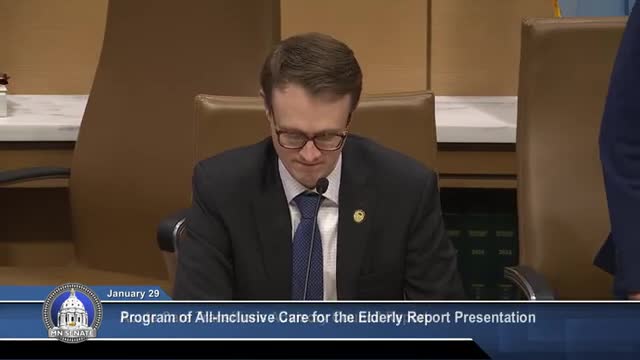Article not found
This article is no longer available. But don't worry—we've gathered other articles that discuss the same topic.

DHS council urges sustained, data‑driven push to reduce avoidable hospital stays and improve complex transitions

Senate committee advances SF 626 with amendment creating Direct Care and Treatment advisory council

